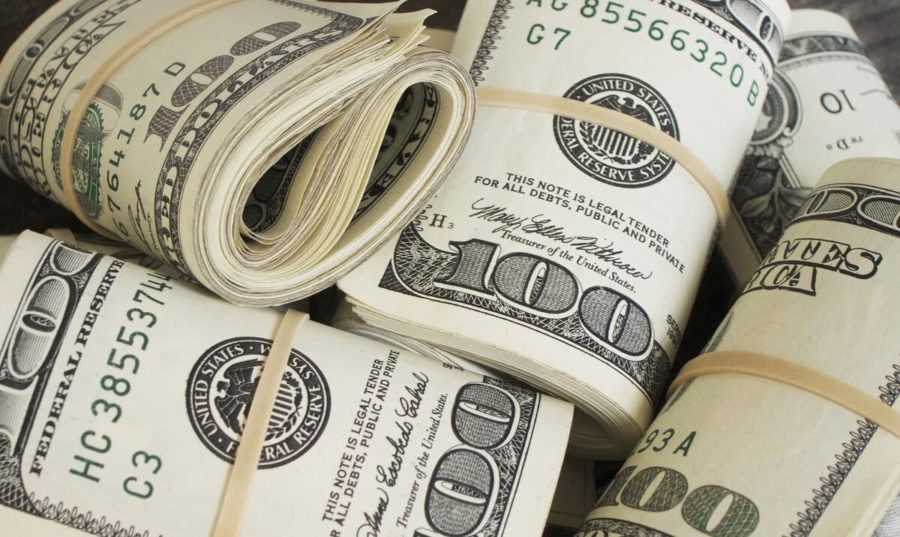BBC Uncovers How Nigerian Politicians Pay Influencers To Spread Misinformation Ahead Of 2023 Election
An investigation by the BBC Global Disinformation Team has uncovered how Nigerian social media influencers are paid by political parties and their candidates to spread disinformation about opponents ahead of the 2023 general election.
Whistleblowers who spoke to the state-owned media outlet, said political parties give out cash, lavish gifts, government contracts and even political appointments to social media influencers for their work during the campaign season.
Advertisement
According to the whistle-blowers, the hired influencers are sometimes given an idea that they should frame in their own words. At other times, they are given the actual tweets that need to be published at specific times.
They say influencers are paid based on the number of followers they have. They also say payment happens mostly in cash to avoid a paper trail.
“We’ve paid an influencer up to 20m naira for delivering a result. We’ve also given people gifts. Other people prefer to hear: ‘What do you want to do in government, be a board member, be a special assistant?’,” Godiya, a politician told the BBC.
“We use images that may not even be relevant to the story we are trying to spin. We can take pictures from East Africa in the 1990s in warzones and attach them to a tweet about how my ethnic group is being killed. When people get emotional they retweet, they like, and it gets traction,” she added
Advertisement
A political strategist identified as Yemi said fake stories are developed to improve candidates’ chances: “You can deliberately misinform in a suitable way for you.”
Another influencer who asked not to be named – with almost 150,000 Facebook followers – said he is paid by political parties to post completely false stories about political opponents. He says he does not do it openly but rather plants false stories through other micro-influencers he hires.
Similarly, Rabi’u Biyora, a major influencer known for supporting the ruling All Progressives Congress (APC) said he was “wooed” by an opposition party to stop promoting the APC’s candidate, and give his support to their candidate instead.
The investigation added that Twitter took down some of the accounts after it was reported to them, it also noted that social media companies had a responsibility to protect electoral conversations from interference, manipulation, and false information.



